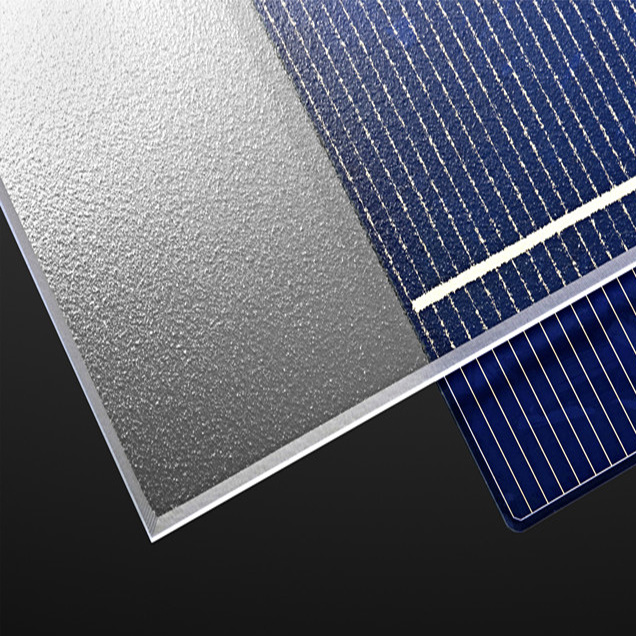Tempered glass is a critical component of solar panels, as it provides protection and durability, ensuring the longevity and performance of the panels. Several specific requirements must be met for tempered glass used in solar panels to ensure optimal functionality and safety.
- Strength and durability: Tempered glass used in solar panels must possess high strength and durability to withstand various environmental conditions, including temperature fluctuations, wind, and impact from debris. This requirement ensures the long-term stability and reliability of the solar panel structure.
- Optical clarity: High optical clarity is essential to maximize light transmission through the glass, allowing for efficient energy conversion by the photovoltaic cells. This requirement ensures that the solar panel can effectively capture and convert sunlight into electricity.
- Resistance to environmental factors: Tempered glass used in solar panels should be resistant to environmental factors such as moisture, UV radiation, and chemical exposure. This resistance helps maintain the structural integrity and optical properties of the glass over its operational lifetime.
- Thermal stability: Solar panels are exposed to varying temperatures, and the tempered glass must exhibit excellent thermal stability to withstand thermal expansion and contraction without compromising its structural integrity. This characteristic ensures that the glass can endure temperature differentials without cracking or breaking.
- Impact resistance: Tempered glass must be able to withstand impact from hail, debris, and other external forces without shattering. This requirement is essential to protect the underlying photovoltaic cells and ensure the continued operation of the solar panel, even in harsh weather conditions.
- Uniformity and flatness: Uniformity in thickness and flatness is crucial to ensure the proper mounting and effective performance of the solar panels. Deviations in thickness or flatness can lead to structural instability or uneven energy production, impacting the overall efficiency of the solar panel system.
Meeting these requirements is essential to ensure the reliability, performance, and safety of solar panels. Manufacturers of solar panels typically adhere to industry standards and certifications to guarantee that the tempered glass used in their products meets these specific requirements and is suitable for the demanding conditions of solar panel installations.


